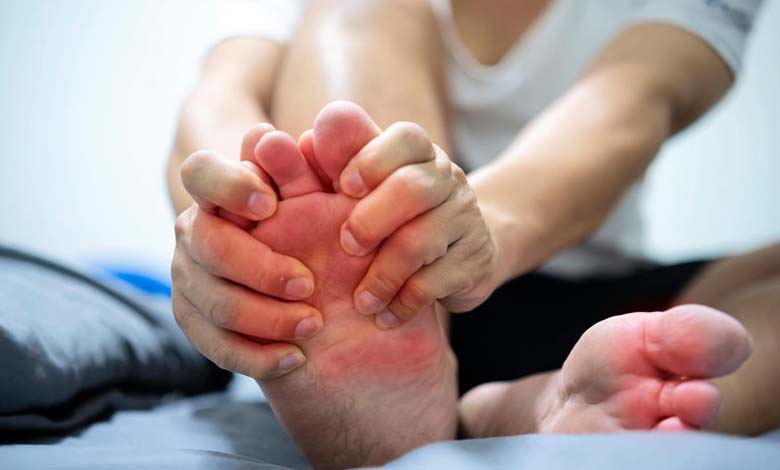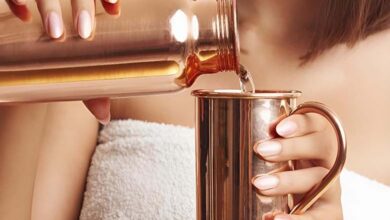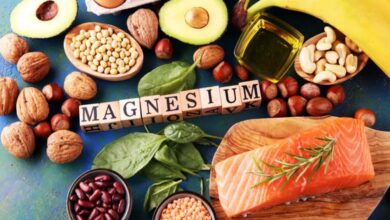How Daily Hydration Reduces the Risk of Gout

Once known as the “disease of kings” for its association with overindulgence, gout is now recognized as a complex metabolic disorder linked to the buildup of uric acid in the body. While genetics and diet remain key factors, growing medical evidence suggests that something as simple as drinking enough water each day can play a crucial role in preventing or easing this painful condition.
Uric Acid and Kidney Function
Gout occurs when uric acid levels in the blood rise above normal, leading to the formation of crystals in the joints. These crystals trigger severe inflammation, causing intense pain, swelling, and redness—most often in the big toe or ankle.
Uric acid is produced during the breakdown of purines, compounds found in certain foods like red meat, organ meats, and seafood. Normally, the kidneys filter and eliminate uric acid through urine. However, when fluid intake is insufficient, the kidneys’ ability to excrete uric acid declines, allowing it to accumulate and form crystals.
Hydration Supports Renal Detoxification
Water helps dilute uric acid in the bloodstream and promotes its removal through urination. Drinking 2 to 3 liters of water daily ensures adequate urine flow, which helps prevent the buildup of uric acid.
Research published in Arthritis Care & Research found that people who drink more than eight glasses of water a day are 40% less likely to experience a gout attack compared to those who drink fewer than four.
For those who already suffer from gout, proper hydration acts as a preventive measure, reducing the frequency and intensity of flare-ups.
Water as a Natural Cleanser
Beyond regulating uric acid levels, hydration contributes to overall detoxification. By increasing urine output, it helps flush out metabolic waste and prevents kidney stones—another common complication of gout.
Mineral waters rich in bicarbonate and magnesium are especially helpful because they make the urine more alkaline, improving the solubility of uric acid and reducing the likelihood of crystal formation.
Hydration and Lifestyle Adjustments
Effective hydration is best achieved as part of a healthy lifestyle. Alcohol, sugary drinks, and high-fructose sodas should be avoided, as they promote uric acid production. Replacing them with water, herbal teas, or natural fruit juices helps maintain balance.
Regular physical activity enhances circulation and kidney function, supporting uric acid elimination. Moreover, preventing nighttime dehydration—especially in elderly individuals or those taking diuretics—is vital. Drinking a glass of water before bed or upon waking can offset fluid loss during sleep.
A Simple Yet Powerful Preventive Strategy
Although medical treatments such as allopurinol or febuxostat are commonly prescribed, hydration remains a natural, cost-free, and side-effect-free prevention strategy. Gout is not inevitable; it is a manageable metabolic imbalance that responds well to healthy habits. Maintaining proper hydration, eating a balanced diet, and limiting animal protein intake can significantly protect joint and kidney health.
In conclusion, staying well-hydrated is more than a wellness trend—it is a fundamental medical recommendation. Daily hydration supports kidney detoxification, promotes uric acid excretion, and lowers the risk of gout attacks. This simple yet powerful habit shows that effective disease prevention often begins with something as basic as a glass of water.












